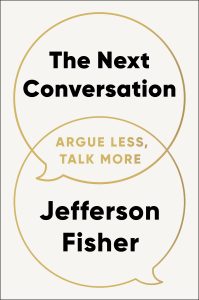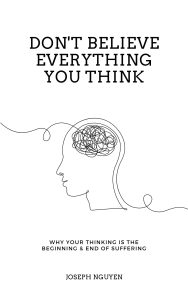
In Slow Productivity: The Lost Art of Accomplishment Without Burnout, Cal Newport takes aim at one of the defining ailments of our era: the cult of busyness. Known for his bestselling books Deep Work and Digital Minimalism, Newport has built a career examining how we can reclaim focus and meaning in a world obsessed with efficiency. His latest work promises a new framework for balancing ambition and sanity. The core message sounds simple enough: do fewer things, work at a natural pace, and obsess over quality. Yet, the execution of that message has proven divisive among readers.
A Philosophy That Sounds Better Than It Reads
Newport’s central argument is clear. The modern workplace glorifies visible busyness over meaningful accomplishment. We attend endless meetings, respond to constant emails, and measure our worth by how full our calendars look. The result is burnout, distraction, and a pervasive sense that no matter how much we do, it’s never enough. To counter this, Newport proposes “slow productivity,” inspired by the deliberate rhythms of historical thinkers and artists like Galileo, Isaac Newton, Jane Austen, and Georgia O’Keeffe.
The idea itself is compelling. But as many readers, such as Vicky and R Gee, point out, the delivery falls short. Instead of providing clear, actionable strategies, Newport fills much of the book with biographical sketches of famous figures and personal anecdotes that sometimes feel disconnected from the modern reality of knowledge work. While these stories are entertaining, they rarely translate into practical guidance for readers juggling tight deadlines, team expectations, and limited autonomy.
Between Philosophy and Application
For long-time followers of Newport, Slow Productivity may feel like a remix of his earlier work. R Gee describes it as “a greatest hits collection” that rehashes ideas from Deep Work and A World Without Email ideas that, while valuable, don’t feel fresh in this new context.
The book’s structure also leans heavily on historical examples, from Benjamin Franklin’s disciplined work habits to Jewel’s creative process. These stories aim to illustrate how great thinkers managed to produce lasting work without succumbing to overload. Yet, the lessons often come across as abstract or inaccessible. Most of us cannot simply escape to a cabin in the woods or redesign our entire work lives to align with our creative flow. Newport briefly acknowledges this gap, but his advice often skims the surface, leaving readers like Vicky feeling that the book “should have been a blog post.”
A Divisive but Thought-Provoking Read
Still, not all is lost in Newport’s experiment. Readers like Antigone, who approached the book without prior expectations, found it valuable in a different way. Rather than a creative manifesto, Slow Productivity reads more like a business philosophy text, offering insight into the inefficiencies of modern “knowledge work.” Newport’s critique of pseudo-productivity our tendency to perform busyness rather than create value is sharp and relevant. His exploration of burnout culture, paired with unexpected case studies such as Jane Austen’s disciplined writing life, adds texture and originality.
In many ways, Slow Productivity succeeds as a cultural commentary, even if it falters as a self-help guide. Newport’s diagnosis of our collective exhaustion is spot on, and his call to reorient work around quality and sustainability is timely. The problem lies in the gap between his ideals and their real-world application.
Final Thoughts
Slow Productivity will likely polarize readers. Those looking for a practical manual to escape the grind may walk away frustrated. But those interested in the philosophy behind how and why we work might find value in Newport’s reflections. The book’s strength lies in its premise: that slowing down is not the same as giving up, and that doing less can, paradoxically, help us achieve more of what truly matters.
Despite its flaws, Slow Productivity offers an important reminder that relentless speed is not the same as progress. For anyone questioning the sustainability of their current pace, Newport’s ideas might be the invitation to pause, reflect, and rethink what meaningful work really means.
👉 Get your copy of Slow Productivity on Amazon here: https://amzn.to/4q4JeQy


